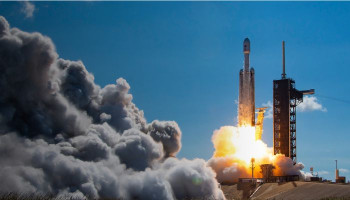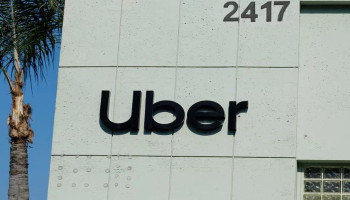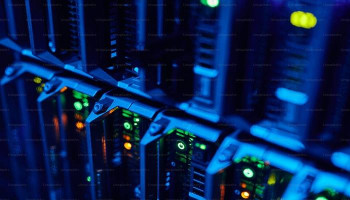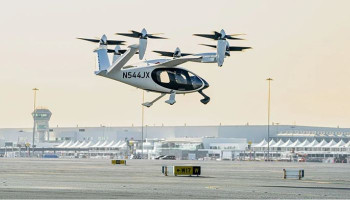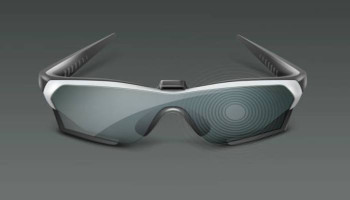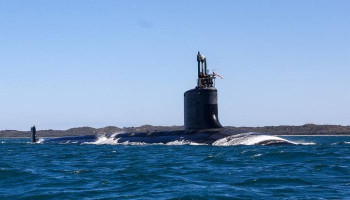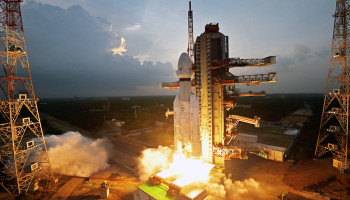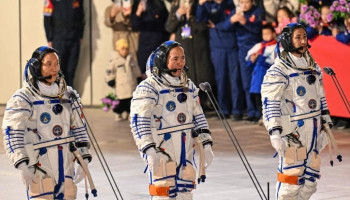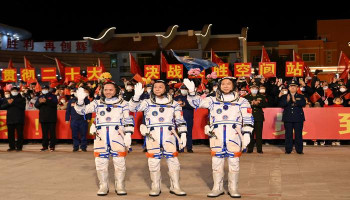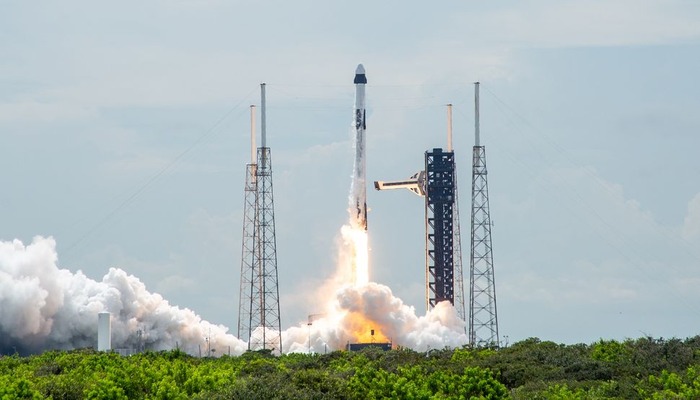
SpaceX's Falcon 9 rocket successfully launched the Crew-9 mission from Florida's Cape Canaveral Space Force Station on September 28, carrying National Aeronautics and Space Administration (NASA) astronauts Nick Hague and Alexandr Gorbunov to the International Space Station (ISS).
This unique mission marks the first-ever astronaut launch from Space Launch Complex-40 (SLC-40), upgraded specifically for crewed flights.
The SpaceX Crew-9 mission aims to transport Hague and Gorbunov to the ISS, where they will join other astronauts conducting scientific research.
Read more: SpaceX Starlink achieves four million subscribers milestone
Upon arrival, they will prepare for the return journey of NASA astronauts Butch Wilmore and Suni Williams, who have been aboard the ISS since June.
Williams and Wilmore initially travelled on Boeing's Starliner capsule, which experienced thruster issues, extending their stay.
SpaceX's Falcon 9 rocket details
SpaceX and NASA collaborated to upgrade SLC-40 with a new crew launch tower, access arm, and emergency escape slide. This renovation enables the launch pad to accommodate astronaut flights. After launch, the Falcon 9 rocket's first stage successfully landed at SpaceX's Landing Zone 1.
Initially, Crew-9 was scheduled to carry four astronauts. However, NASA adjusted the mission to accommodate Wilmore and Williams' return.
Astronauts Zena Cardman and Stephanie Wilson were reassigned, with Cardman expressing pride in the mission's success.
Crew-9 marks several historic milestones, including the first astronaut launch from SLC-40, the first active U.S. Space Force member (Nick Hague) to launch on a space mission and a modified crew configuration to accommodate the Boeing Starliner crew's return.







